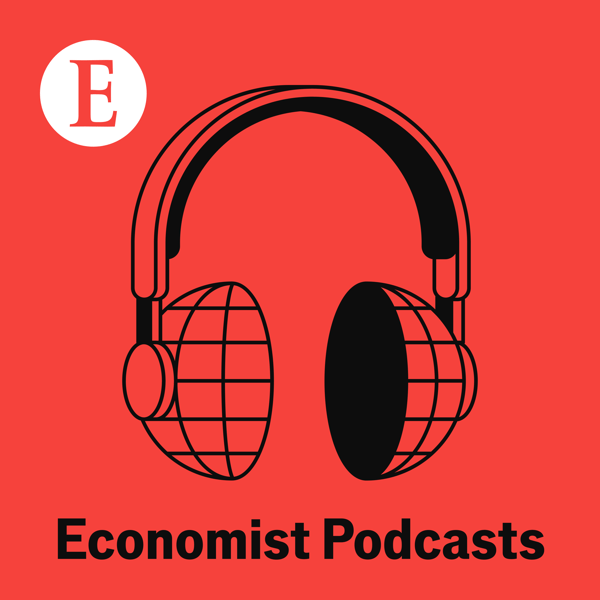Babbage: The language of the universe
Economist Podcasts
The Economist
4.4 • 4.9K Ratings
🗓️ 27 May 2020
⏱️ 27 minutes
🧾️ Download transcript
Summary
How can mathematics help us understand our lives and predict the world around us? Host Alok Jha speaks to David Sumpter of Uppsala University about the equations that can help people make better decisions. Christl Donnelly, an epidemiologist at the University of Oxford and Imperial College London details the role mathematics plays in modelling covid-19. Moon Duchin of Tufts University explains how maths can stop gerrymandering. And physicist Graham Farmelo on why he thinks the universe speaks in numbers.
For more on the pandemic, see The Economist's coronavirus hub.
Please subscribe to The Economist for full access to print, digital and audio editions:
Hosted on Acast. See acast.com/privacy for more information.
Transcript
Click on a timestamp to play from that location
| 0:00.0 | If you want to talk about internet safety with your child, but don't know where to start, |
| 0:05.0 | Interland from Google is an online game that turns the conversation into an interactive adventure. |
| 0:11.0 | There's four different levels, each devoted to a different digital skill. |
| 0:16.0 | So your child can learn how to make smarter decisions on the internet, |
| 0:20.0 | helping you find a healthier balance for your family online. |
| 0:24.0 | Search, play Interland and start learning together. |
| 0:31.0 | When it comes to the COVID-19 modeling, it can all be a little bit confusing out there. |
| 0:41.0 | You have likely heard the phrase flattened the curve used when talking about reducing the number of coronavirus cases. |
| 0:46.0 | The horizontal line is the key one, that is whether health systems have the capacity to cope with the numbers of infections. |
| 0:53.0 | The COVID-19 pandemic has dominated every part of life since the beginning of the year. |
| 0:59.0 | Some countries have done better than others at holding back the disease, |
| 1:03.0 | but everyone has used the same tool to guide their response. |
| 1:08.0 | Mathematics. |
| 1:10.0 | I'm Alok Jarl, a science correspondent here at the Economist. |
| 1:14.0 | Math and I go a long way back, a very long time ago I was a physicist. |
| 1:19.0 | Mathematics was the language of the worlds that I used to explore. |
| 1:23.0 | Today's episode of Babbage from Economist Radio looks at how mathematics can be used to tackle some of life's most pressing problems |
| 1:31.0 | from predicting pandemics and guiding health policy to spotting bias in politics. |
| 1:37.0 | I'll also speak to physicist Graham Farmlow about the way mathematics reveals the true nature of the very building blocks of the universe. |
| 1:54.0 | If you're the sort of person who has very broad interests, I think mathematics is something for you. |
| 2:00.0 | I think that's often forgotten, like people think of mathematics as a very narrow subject. |
| 2:04.0 | That's David Sumpter, a professor of applied mathematics at Upsile University in Sweden. |
... |
Please login to see the full transcript.
Disclaimer: The podcast and artwork embedded on this page are from The Economist, and are the property of its owner and not affiliated with or endorsed by Tapesearch.
Generated transcripts are the property of The Economist and are distributed freely under the Fair Use doctrine. Transcripts generated by Tapesearch are not guaranteed to be accurate.
Copyright © Tapesearch 2025.

